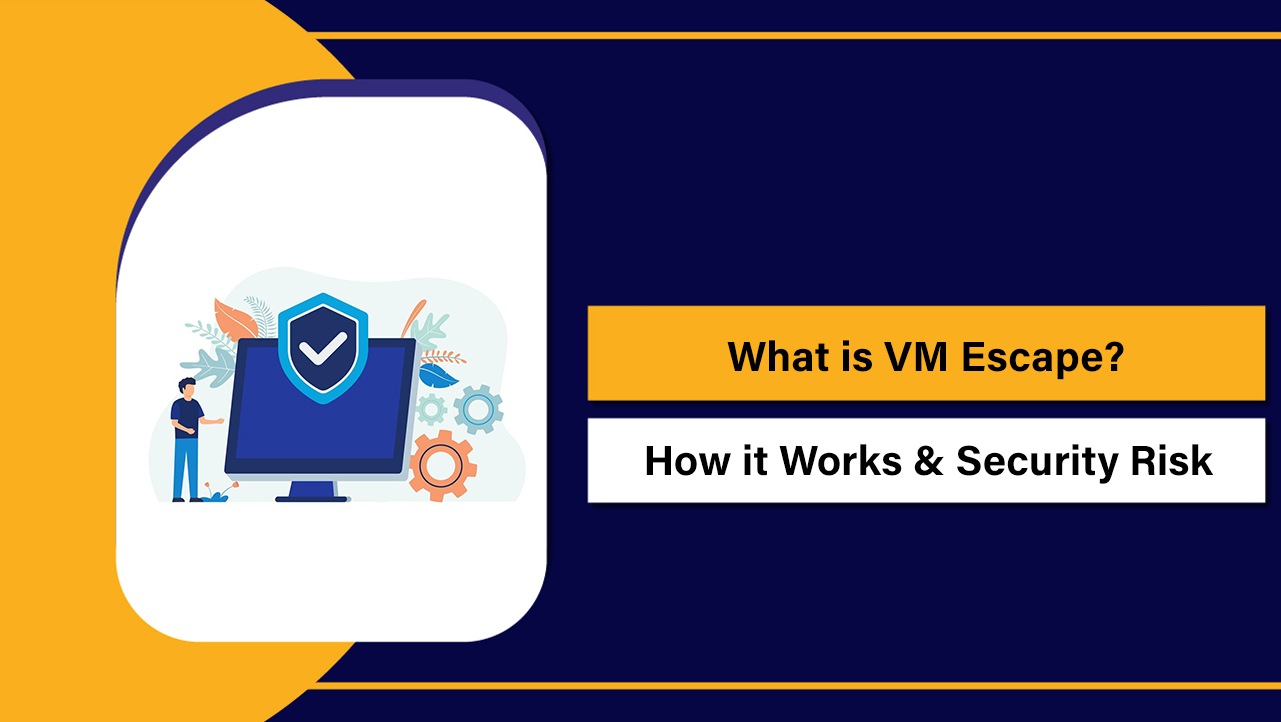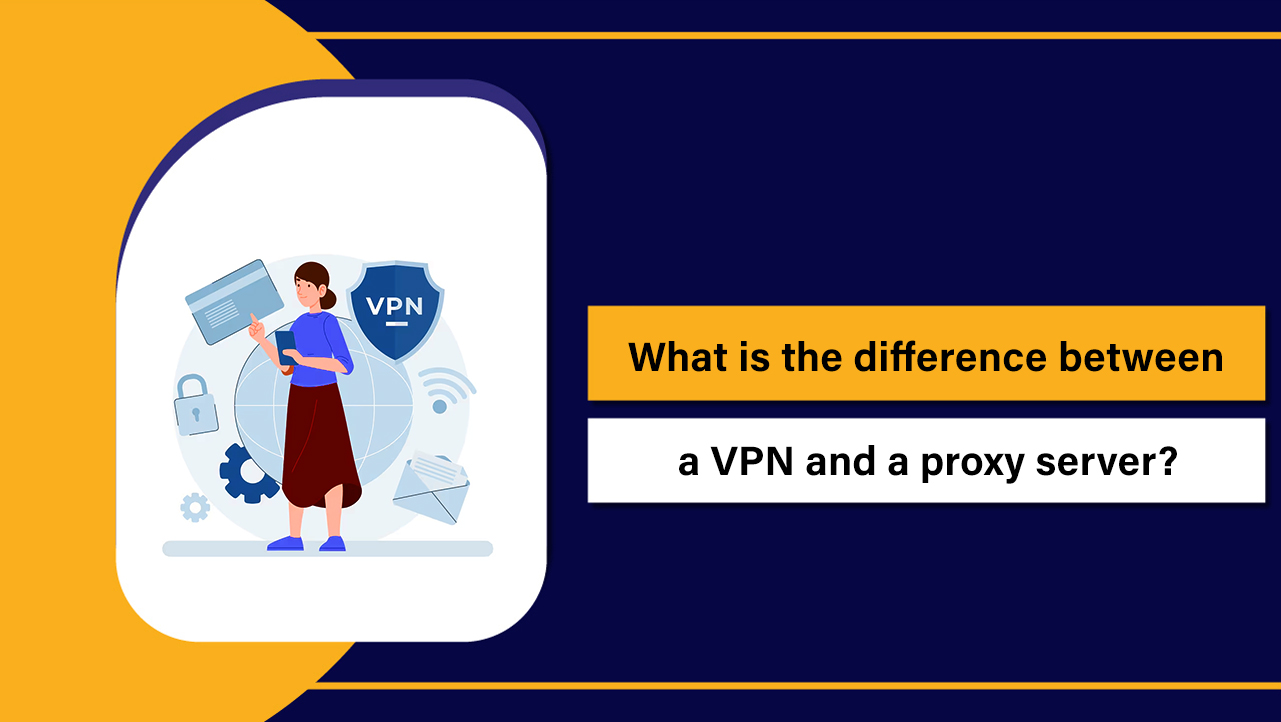Dedicated Server vs VPS: A VPS suits growing websites needing affordable isolation and scalability, while a dedicated server (bare metal) provides maximum performance, security, and control for high-traffic or compliance workloads. Choose VPS to start and scale; upgrade to dedicated when resource spikes, latency, or security demands outgrow shared virtualized limits.
Choosing between a Dedicated Server vs VPS can feel complex, especially when performance, costs, and uptime all matter. This guide simplifies the decision with clear definitions, real use cases, upgrade signals, and a practical checklist. You’ll know exactly which hosting fits your stage today—and when it’s time to upgrade without downtime.
What Is a VPS and How Does It Work?
A Virtual Private Server (VPS) is a virtual machine carved from a powerful physical server using a hypervisor (often KVM). Each VPS gets dedicated slices of CPU, RAM, and storage, plus root access and its own OS. You gain strong isolation compared to shared hosting, with scalable resources at a lower price than dedicated hardware.
Common use cases: medium-traffic WordPress sites, small eCommerce stores, staging environments, game servers, lightweight SaaS, and developer stacks (Docker, Git, CI/CD) that need root control without full bare-metal costs.
What Is a Dedicated Server and How Does It Work?
A dedicated server (bare metal) is an entire physical machine reserved for you. No noisy neighbors or shared CPU contention. You control the CPU model, RAM, NVMe/SSD/HDD storage, RAID level, and network interfaces. Dedicated servers excel in high-performance, data-intensive, security-sensitive, or compliance-bound workloads.
Common use cases: high-traffic eCommerce and media sites, big databases, ad tech, streaming, large game servers, analytics pipelines, ML preprocessing, and workloads requiring custom kernels or strict isolation (e.g., PCI-DSS, HIPAA with proper controls).
VPS vs Dedicated Server: Quick Comparison
Performance
- VPS: Strong per-dollar performance; shared physical CPU means occasional contention despite fair-share scheduling. Great with NVMe-backed plans.
- Dedicated: Predictable, peak performance with full core access, higher memory bandwidth, and native I/O. Ideal for latency-sensitive apps and heavy concurrency.
Scalability
- VPS: Elastic—upgrade vCPU/RAM/storage quickly; snapshots make rollbacks easy.
- Dedicated: Vertical scaling requires hardware changes or migrations; horizontal scaling (multiple servers, load balancers) is powerful but needs planning.
Security & Isolation
- VPS: Strong isolation via the hypervisor; risk surface includes co-tenancy on the host.
- Dedicated: Full physical isolation; easier to meet strict compliance, custom firewalling, and private networking requirements.
Control & Customization
- VPS: Root access, custom OS images, containers. Some kernel-level limits.
- Dedicated: Kernel control, custom RAID, advanced NIC tuning, out-of-band management, and full virtualization stack if desired.
Costs & TCO
- VPS: Lower monthly cost; ideal for starting or steady growth.
- Dedicated: Higher monthly cost but superior performance per workload at scale; fewer neighbors, lower variability, often better long-term TCO for heavy apps.
When Should You Choose a VPS?
Pick a VPS when you need isolation, root access, and predictable resources at a friendly price. It’s the sweet spot after shared hosting and before full bare metal.
Best VPS Use Cases
- WordPress sites up to ~200k–500k monthly visits (with caching/CDN).
- Small-to-medium WooCommerce or Shopify headless backends.
- Microservices, APIs, and developer sandboxes with Docker.
- Light game servers and community forums.
- Staging, testing, and CI/CD pipelines.
VPS Pros and Cons
- Pros: Affordable scaling, snapshots, quick provisioning, root access.
- Cons: Shared host CPU/IO; limited peak performance versus dedicated; potential “noisy neighbor” effects on the node.
When Should You Choose a Dedicated Server?
Choose a dedicated server when performance predictability, high concurrency, or compliance outweighs cost savings. It’s also ideal when you require specialized hardware, kernel tuning, or a private network between multiple servers.
Best Dedicated Server Use Cases
- Large databases (PostgreSQL/MySQL) and caching tiers (Redis, Memcached) needing consistent IOPS and RAM.
- High-traffic WooCommerce, Magento, and enterprise CMS.
- Video streaming, ad-tech, and real-time analytics.
- Security- or compliance-driven workloads with stricter isolation.
- Custom hypervisor hosts to run your own private VPS fleet.
Dedicated Server Pros and Cons
- Pros: Maximum performance, physical isolation, customizable hardware, consistent throughput.
- Cons: Higher monthly cost, longer provisioning for hardware changes, more sysadmin responsibility unless managed.
Clear Signs It’s Time to Upgrade (VPS to Dedicated)
Resource & Performance Indicators
- Sustained CPU load > 70% during peak hours even after optimizing caching and code.
- RAM pressure: swapping occurs or cache hit ratio drops due to limited memory.
- Storage I/O limits hit (high iowait) despite NVMe and tuned database indices.
- Network throughput/pps saturation causing rising TTFB or 5xx errors.
- Latency-sensitive tasks (checkouts, API calls) spiking under traffic surges.
Business & Security Triggers
- Upcoming campaigns, product launches, or seasonal peaks.
- Compliance requirements (PCI-DSS, HIPAA, GDPR) needing strict isolation or private networking.
- Customer SLAs demanding consistent sub-second response times.
- Frequent DDoS targeting: need advanced network controls and dedicated mitigation capacity.
Team & Operations Signals
- You need kernel tuning, custom RAID, or out-of-band management.
- Your SRE/DevOps team wants full control over NIC bonding, VLANs, and replication traffic.
- Container density grows and noisy-neighbor risks on shared nodes become unacceptable.
Practical Monitoring Commands to Guide the Decision
# CPU & load
uptime
top -o %CPU
mpstat -P ALL 1 5
# Memory & swap
free -m
vmstat 1 5
# Disk I/O health
iostat -xz 1 5
sar -d 1 5
# Network throughput & errors
sar -n DEV 1 5
ss -s
# Web load test (from another server)
ab -n 2000 -c 100 https://yourdomain.com/If CPU stays high, iowait spikes, or latency rises under modest concurrency after optimization, moving from VPS to dedicated can restore headroom and predictability.
Managed vs Unmanaged: What Should You Pick?
Unmanaged hosting gives you root access and full responsibility for security hardening, updates, and troubleshooting. Managed hosting adds proactive monitoring, OS and panel updates, backups, malware scans, and expert support—ideal if your team is lean or product-focused.
Choose Managed If
- You lack in-house sysadmins or 24/7 coverage.
- Your business impact of downtime is high.
- You want a single partner accountable for uptime, security, and scaling advice.
Choose Unmanaged If
- You have DevOps/SRE expertise and automation in place.
- You require bespoke configurations and direct kernel-level control.
- Cost control is paramount and you can absorb operational workload.
How to Plan a Zero-Downtime Upgrade
- Benchmark current state: CPU, RAM, IOPS, latency, error rates.
- Right-size the target server: CPU cores, RAM, NVMe RAID, bandwidth, DDoS protection.
- Stage environment: replicate OS, PHP/Node, DB versions, and extensions.
- Enable a load balancer or temporary reverse proxy for dual-running.
- Sync data continuously (rsync, incremental backups, or DB replication).
- Schedule DNS cutover with low TTL; perform final sync; verify logs and metrics.
- Run post-cutover soak tests; keep the old server as fallback for 24–72 hours.
Real-World Scenarios
Growing WooCommerce Store
Started on a 4 vCPU VPS with page caching and CDN. Black Friday tests show 80% CPU and rising checkout latency. Upgrading to a dedicated 8–16 core NVMe server with Redis and PHP-FPM pools stabilizes checkout response and increases order throughput by 2–3x.
API-Driven SaaS
Microservices on multiple VPS nodes hit unpredictable performance. Consolidating critical services onto a pair of dedicated servers (primary/secondary) with private networking and a separate dedicated DB node reduced tail latency and improved SLO attainment.
Content/News Site
Traffic spikes during breaking news overwhelm a single VPS. A dedicated origin with NVMe RAID and an optimized Nginx + Redis stack, fronted by a CDN, handles 10x bursts while keeping TTFB low.
Why Consider YouStable
As a hosting provider focused on performance and value, YouStable offers NVMe-powered VPS and customizable dedicated servers with optional managed support, DDoS protection, and free migrations for qualifying plans. If you’re unsure between VPS and dedicated, our team will audit your usage and recommend a growth-ready architecture—not just bigger hardware.
Dedicated Server vs VPS: Which One Should You Choose?
Start with a VPS for flexible, affordable growth. Move to a dedicated server when your application needs guaranteed performance, strict isolation, or custom hardware. If your metrics show sustained high load, I/O bottlenecks, or rising latency during surges, it’s time to upgrade.
FAQs: VPS vs Dedicated Server
Is a VPS faster than shared hosting?
Yes. A VPS allocates dedicated vCPU, RAM, and storage to your instance, delivering better performance and isolation than shared hosting. You also get root access for deeper optimization.
When should I upgrade from VPS to a dedicated server?
Upgrade when you see sustained high CPU, memory pressure, I/O wait, or latency spikes under load—even after caching and code tuning. Compliance needs, DDoS resilience, and upcoming traffic surges are also strong signals.
What’s the cost difference between VPS and dedicated servers?
VPS plans are budget-friendly and scale incrementally. Dedicated servers cost more but deliver consistent, peak performance and better TCO for heavy or mission-critical workloads. Actual pricing varies by CPU generation, RAM, NVMe size, and network features.
Can I host multiple websites on a VPS or dedicated server?
Absolutely. Both support multiple sites and applications. Use a control panel (e.g., cPanel/Plesk) or container orchestration to isolate projects, manage SSL, and automate backups.
Is managed hosting worth it for growing businesses?
For most growing teams, yes. Managed hosting offloads updates, monitoring, backups, and incident response, helping you maintain uptime and focus on product and revenue instead of firefighting servers.



